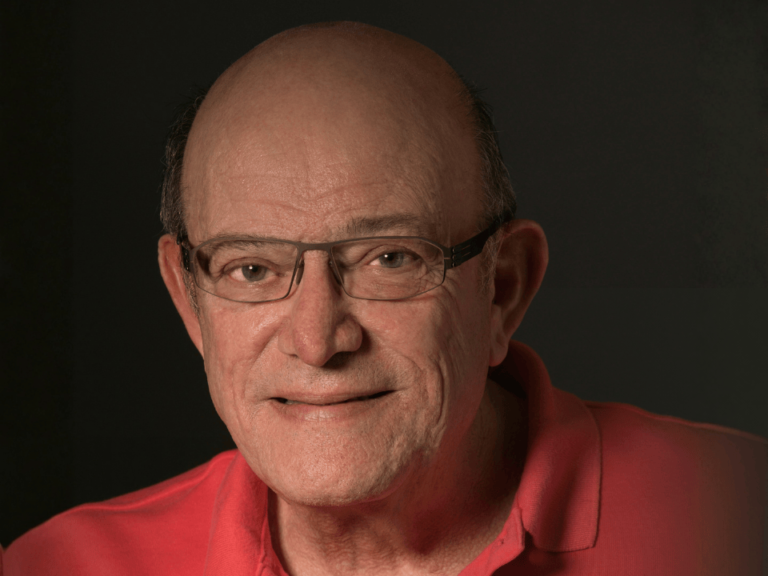THOMAS BURKE stepped down as executive vice president and physician-in-chief at MD Anderson Cancer Center to accept the new position of executive vice president of the MD Anderson Cancer Network.
Tom Buchholz, who served most recently as provost ad interim, was appointed to the reconfigured position of executive vice president and physician-in-chief.
In another change at MD Anderson, Gerard Colman stepped down as senior vice president and chief of clinical operations to accept a job as chief operating officer at Aurora Health System in Wisconsin.
Recently, Adrienne Lang stepped down as vice president for executive operations.
Announcing the most recent changes, MD Anderson President Ronald DePinho sent out the following email Dec. 12:
For its more than 70-year history, MD Anderson has continually adapted and improved as the health care environment evolved. Even today, as a team, we work to position ourselves for ongoing success. I appreciate everyone’s efforts to make this happen. While we continue to become larger and more complex, it’s important to proactively respond to these changes and be nimble as we define our own future.
We’ve kicked off a bold, patient-centered vision, which we call our strategic framework, that focuses on three critical areas:
• Innovation in clinical care to improve patient outcomes
• Developing transformative, sustainable and accountable research programs
• Expansion of our network and knowledge so that more patients can benefit from our expertise and efforts
To execute successfully on this framework, we must have the right leadership structure in place. As an institution, we must focus on projects that advance clinical innovation, network expansion and research. As a result, we’re adding to, and maximizing the resources of, our already-strong clinical executive team.
These changes are effective Jan. 1.
The growth and impact of our MD Anderson Cancer Network has been extraordinary. Our partners share our mission to end cancer by elevating the quality of cancer care for patients in their communities and by accelerating progress through clinical research and cancer prevention. We have the ability to continue this trajectory with many more health care systems around the nation, and even the world. These efforts require the full-time energy and commitment of a senior executive leader. Thomas Burke, M.D., our executive vice president and physician-in-chief, who has already been helping lead the network efforts, has enthusiastically agreed to take on this important full-time endeavor. He has accepted the new position of executive vice president, MD Anderson Cancer Network.
MD Anderson’s research-driven, team approach is the hallmark of our exceptional care. It’s why we once again ranked as the No. 1 cancer hospital in the nation from the U.S. News & World Report “Best Hospital’s” survey, received the highest peer-reviewed rating of “exceptional” for our National Cancer Institute Cancer Center Support Grant, and were recognized by The Joint Commission for safe and effective patient care. To keep delivering the best cancer care of today and to drive clinical innovation for tomorrow, we must enhance the experience of our current physicians but also position our most talented clinical faculty for the future. We’re reconfiguring the current physician-in-chief position to focus on the medical aspects of care delivery. With Dr. Burke taking on his new responsibilities, this role must be filled by someone who has already gained the respect of our faculty as a leader, physician and scholar. I offered the position to Tom Buchholz, M.D., who served most recently as provost ad interim, and he has accepted the newly designed executive vice president and physician-in-chief role.
Separately, I also must share that Gerard Colman, Ph.D., senior vice president and chief of clinical operations is leaving MD Anderson Jan. 17, to accept an exceptional opportunity as chief operating officer with a premier health care system. In the MD Anderson tradition of developing great leaders, this means one of our talented executives will be helping more patients and improving health care in more places. Since 2004, Dr. Colman has managed all of our clinical operations, from entry to discharge, including our external clinics. Our national ranking and recognition by The Joint Commission were thanks, in part, to his leadership. While we’ll miss him, we wish him much success in his new role.
The search for a senior executive to lead our clinical operations will begin soon. Areas under Dr. Colman will report to Dr. Buchholz in the interim.
I sincerely thank each of our clinical leaders for their unwavering commitment to MD Anderson and our patients, and for taking on their new roles with enthusiasm and determination.
I understand you may have questions about the changes, so please know that I’m always open to your new ideas and honest feedback. I encourage you to share them with me, as well as our other executive leaders. Drs. Burke and Buchholz will join me in a townhall in January to talk about this in more detail and to answer your questions.
EDWARD JACKSON was named chair of the Department of Medical Physics at the University of Wisconsin School of Medicine and Public Health.
Jackson is the former professor and deputy department chair in the department of imaging physics and director of the medical physics graduate education program at MD Anderson Cancer Center.
Jackson has received numerous institutional and national awards and recognitions for both his research and teaching accomplishments, and he is a fellow of the American Association of Physicists in Medicine and the American College of Radiology. He has served as chair of the Commission on Accreditation of Medical Physics Education Programs Graduate Education Program Review Committee, and as a member of the board of directors of CAMPEP and AAPM.
DAVID CHANG was appointed professor of plastic surgery at the University of Chicago School of Medicine. He was previously professor of plastic surgery, deputy chair of the department, and director of the plastic surgery clinic, and the Center for Microsurgery Research and Education at MD Anderson Cancer Center.
Chang helped develop and promote procedures such as lymphaticovenular bypass and vascularized lymph node transfers using a surgical microscope to improve the lymphatic drainage. He has served as the principal investigator on several clinical studies of complex reconstructive microsurgery in cancer patients.
STEVE MACKIN was named chief operating officer of Cancer Treatment Centers of America.
Mackin formerly served as president and chief executive officer of Cancer Treatment Centers of America at Southwestern Regional Medical Center in Tulsa. He will report to President and CEO Gerard van Grinsven.
Mackin joined CTCA in 1998 as the first management fellow. He held various executive positions in Tulsa, including assistant vice president of Oncology Patient Services, vice president of Ancillary Services, and chief operating officer.
Richard Haldeman will be the new president and CEO of the Tulsa hospital. Previously, Haldeman was chief financial officer and senior administrator of oncology services at Kimmel Cancer Center and Thomas Jefferson University & Hospitals.











